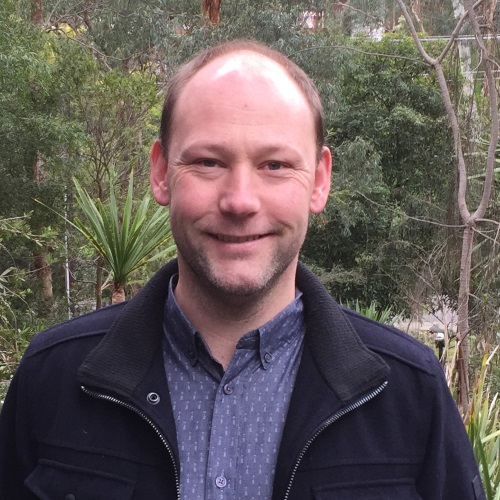Why is your research important and how will it influence the understanding and treatment of MS?
Cognition, and particularly how cognitive function changes over time, in an ageing MS population is not well understood. As treatment and healthcare improve, the proportion of older people living with MS continues to increase and this poses new challenges for the care and management of these patients due to being a historically under-studied population. More knowledge about how the disease and symptoms progress in this older population is urgently needed. This would lead to improved outcomes, better definitions of disease progression, and to better trial designs that include this often-excluded group. Combined with analytics such as machine learning, development and validation of technological cognitive monitoring tools offers promising advances in the emerging field of digital biomarkers, which have the potential to revolutionise the way that all people living with MS are monitored.
